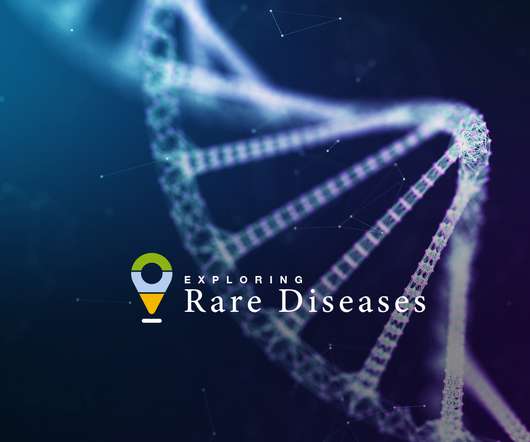Turning science into business: Amplifying mRNA by targeting regRNAs
Drug Discovery World
APRIL 17, 2024
JMB: Regulatory RNAs (or regRNAS) are molecules that directly control the expression of nearby protein-coding genes. CAMP4 is exploiting these regulatory interactions to specifically control the expression of genes tied to disease. What diseases are you currently targeting? What are the challenges of drug discovery in this area?
















Let's personalize your content